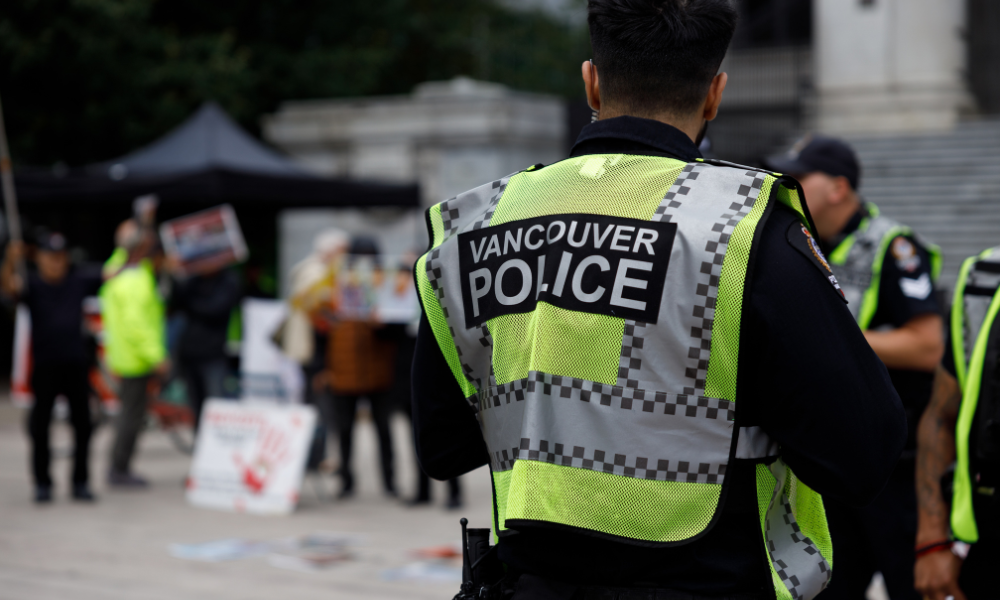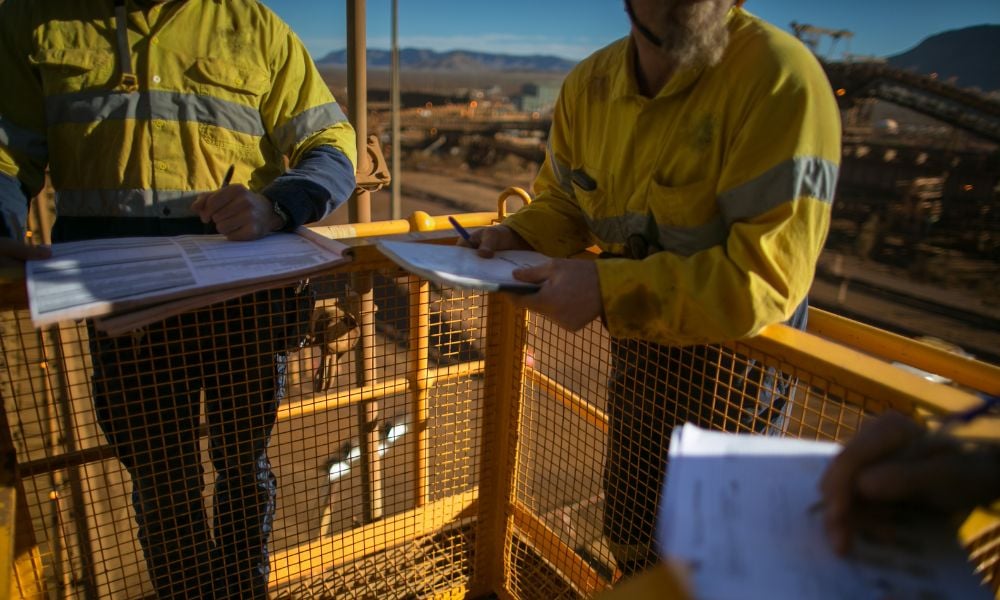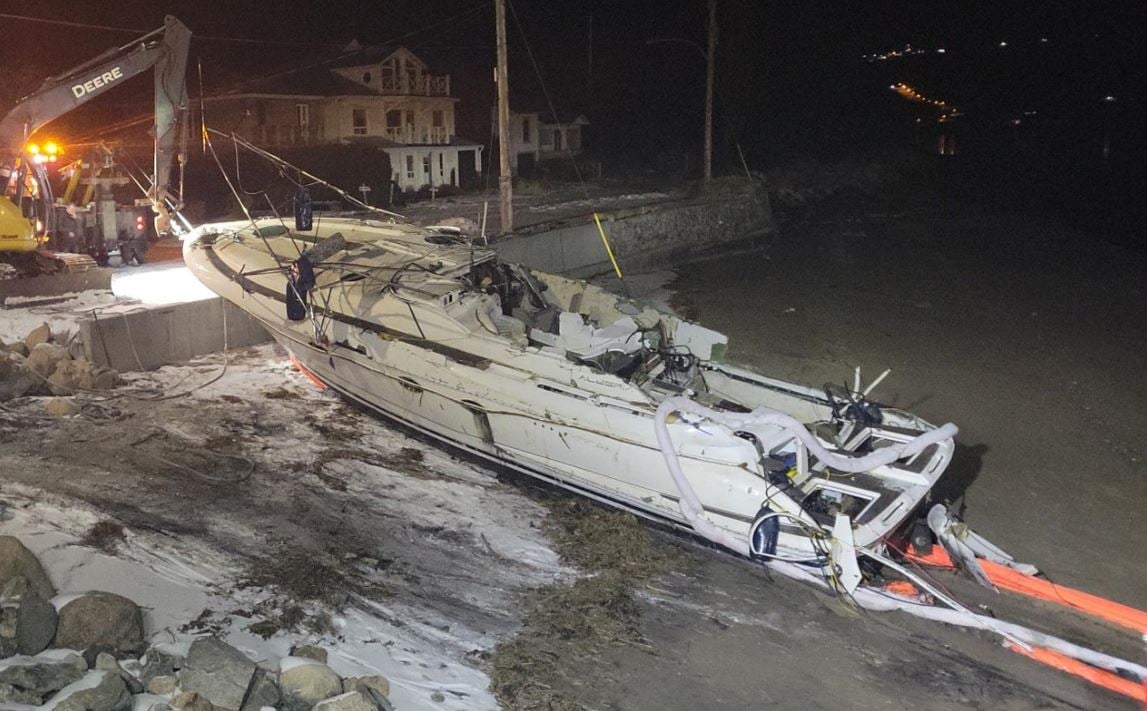'While this system is more elaborate than what might be required in smaller or rural communities, it may offer valuable considerations for other jurisdictions seeking to improve their event safety planning'

British Columbia should require risk assessments for all public events, regardless of size, according to a former B.C. Supreme Court chief justice.
Christopher Hinkson made six recommendations aimed at improving safety at community gatherings across the province following the deadly attack at Vancouver’s Lapu Lapu Day festival in April.
Hinkson’s review found that while larger cities such as Vancouver and Surrey have developed sophisticated permitting and planning protocols, many smaller communities rely on volunteers with little training or funding, according to an article from The Canadian Press (CP).
“While this system is more elaborate than what might be required in smaller or rural communities, it may offer valuable considerations for other jurisdictions seeking to improve their event safety planning,” Hinkson said, according to the CP article posted in City News.
The report cautions against a rigid, one-size-fits-all approach, noting that many communities have strong relationships between local governments, first responders, and community organisations, but still face challenges such as limited staff and unclear lines of responsibility.
The report also highlights risks beyond hostile vehicle attacks, including food and water adulteration and incidents like the mass syringe-pricking at a music festival in France earlier this year. Hinkson’s findings stress the importance of considering a wide range of risks and fostering continuous improvement in event safety planning.
Hinkson recommends that all public events be supported by a risk assessment, and calls for the creation of a provincial events hub to share information and advice.
Other recommendations include improved inter-agency coordination, more accessible education and planning resources, and expanded financial support to help cover rising safety and security costs, particularly for smaller or under-resourced communities. The report also encourages regular collaboration between event organisers and emergency services, and the use of after-action reports and public feedback to promote ongoing learning.
The Union of B.C. Municipalities has urged the province to avoid a uniform framework that could burden smaller communities and lead to event cancellations due to increased costs. The province has not announced when the recommendations will be implemented.
The government of British Columbia announced a formal review of the province’s Mental Health Act following the tragic incident at the Vancouver street festival that left 11 people dead and several others injured, according to a previous CBC report.
List of recommendations
Here’s a summary of the recommendations, as CP noted:
- Risk assessments and event planning: All public events in British Columbia, regardless of size, should be supported by a risk assessment.
- Clarifying jurisdictional roles in event oversight: The province should establish clear criteria for consultation that defines the roles and responsibilities of all parties involved in event planning, approval, and emergency response.
- Training for planning support and centralised hub: The province should establish a centralised hub to support event safety across British Columbia.
- Support for event delivery and local capacity: The province should consider expanding availability of grants or financial support to offset safety and security costs.
- Foster local collaboration on event safety: The province should encourage regular tabletop exercises including police, fire departments, emergency management services, and event organisers.





